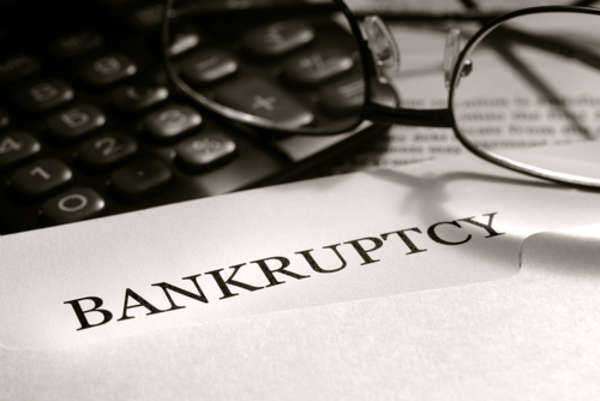Wisconsin Bankruptcy
Wisconsin Bankruptcy Law

Wisconsin bankruptcy mandates laws that closely reflect federal laws and other states’ laws with similar demographics. Wisconsin offers some generous exemptions in certain cases and limited exemptions in other circumstances. Regardless of the amount of exemptions, though, the bankruptcy laws are in place to help a person through a tough economic period and save their credit in the long run.
Wisconsin Bankruptcy : Personal and Corporate
Individuals and corporations file under different types of Wisconsin bankruptcy and under federal law as well. If a family or individual wants to file for Wisconsin bankruptcy, they will generally file under Chapter 7 or Chapter 13 depending on their circumstances and the ultimate decision of the judge. If a corporation needs to file WI bankruptcy, it will file under Chapter 11.
WI Bankruptcy : Chapter 7
In Wisconsin and other states, Chapter 7 bankruptcy works best for individuals or families with very large amounts of unsecured debt and little or no means to income. It has become harder and harder in recent years to file under Chapter 7, but some families and individuals can still qualify for the type of bankruptcy if they pass a means test and receive final permission from a judge and/or creditor. In order to pass the means test, a person’s income must fall below the average household income—which is around $48,974 in Wisconsin.
If a judge determines the person can’t afford monthly payments to repay their unsecured debt as well, the individual can usually apply for Chapter 7 and receive the following exemptions:
• Up to $75,000 homestead
• Up to $5,000 for vehicle
• $12,000 for personal property
• All pensions
• Up to $15,000 for farming equipment or similar tools of trade
WI Bankruptcy : Chapter 11
If a corporation faces economic instability, an owner may choose to file for Chapter 11. The measure may devalue the company stock in the short term, but it gives the corporation a “grace period” in order to reorganize finances and other issues in order to increase profit and reduce owed debt. The owner of the corporation usually oversees such an initiative and reports back to a judge and creditor after the grace period.
WI Bankruptcy : Chapter 13
A person or family may either choose Chapter 13 or be forced to file this type of bankruptcy if denied Chapter 7. The main advantage to Chapter 13 involves a family or person keeping their property and assets as they make monthly payments over the next three to five years in order to pay back a substantial amount of their overall owed debt—usually around 25% depending on the amount.
Taxes
If a person files under Chapter 7, a creditor may collect their federal and state tax returns as assets. These earnings are usually protected under Chapter 13, but not always.
Filing for Wisconsin Bankruptcy
Like in most other states, a citizen of Wisconsin must complete a credit counseling course six months before filing for Wisconsin bankruptcy, and they must also show evidence of taking a debtor education before reaching a settlement.
It’s always in your best interest to hire a Wisconsin bankruptcy lawyer. A WI bankruptcy attorney can help you file the right documents and fees at the right time, and they can also help you reach the best settlement possible with your creditors. Additionally, a lawyer may even help in eliminating a percentage of backed taxes to the IRS in some cases. You’ll be required to submit the following documents in Wisconsin and under federal law:
• Petition
• Attorney certificate
• Proof of income
• Proof of net monthly income
• Anticipated changes in income
• Educational individual retirement account
• Tax returns from most recent to as far back as four years